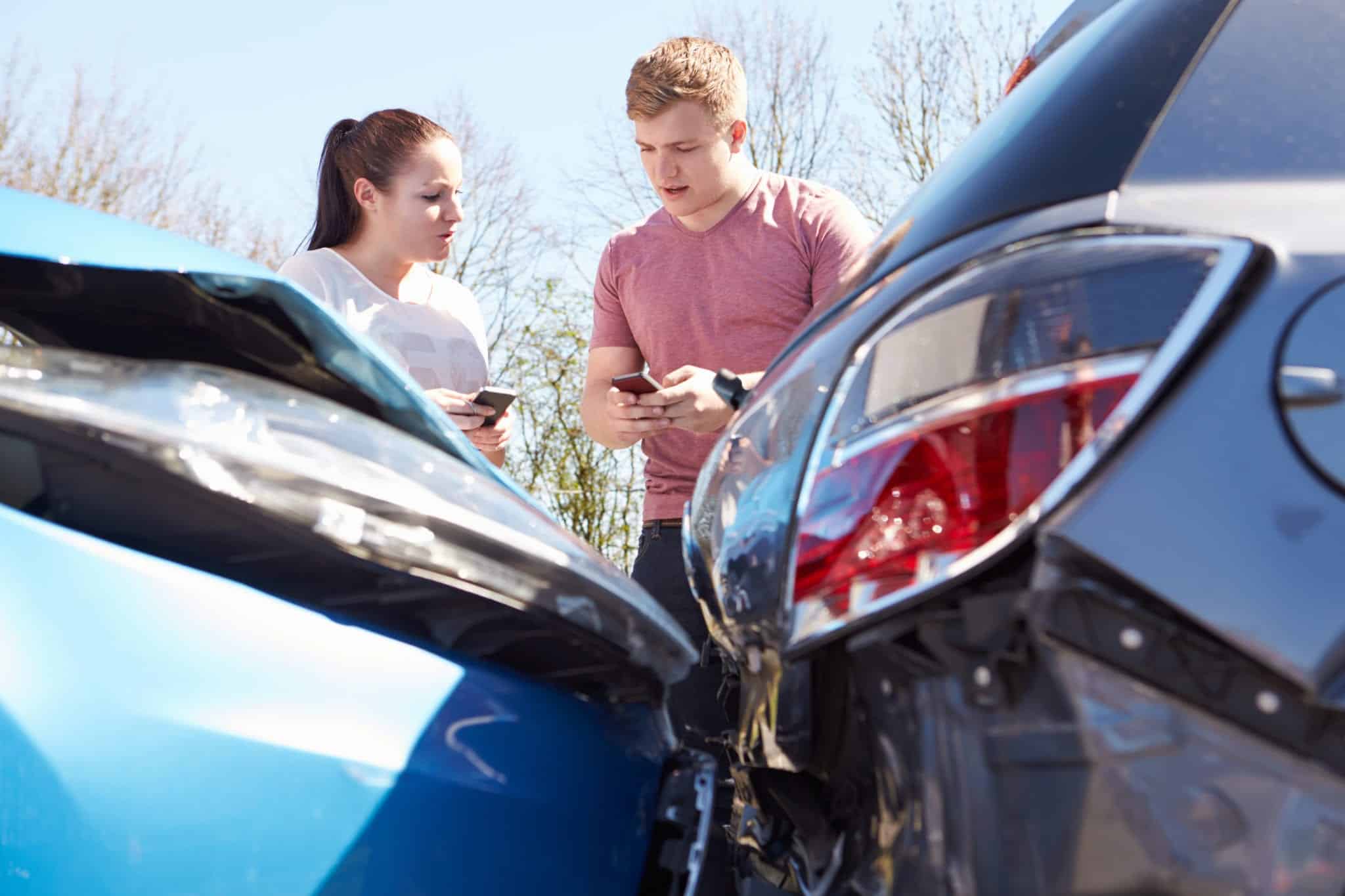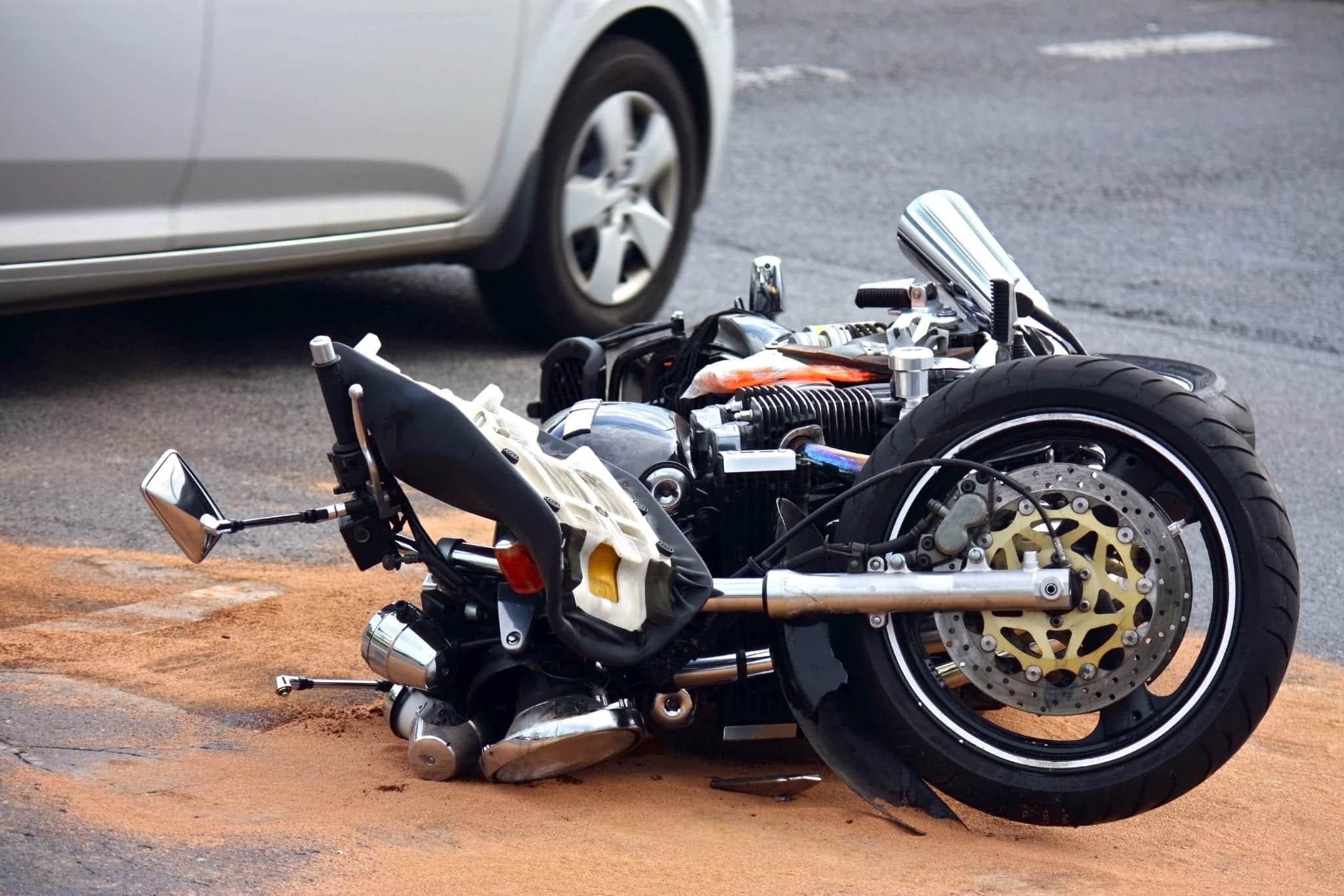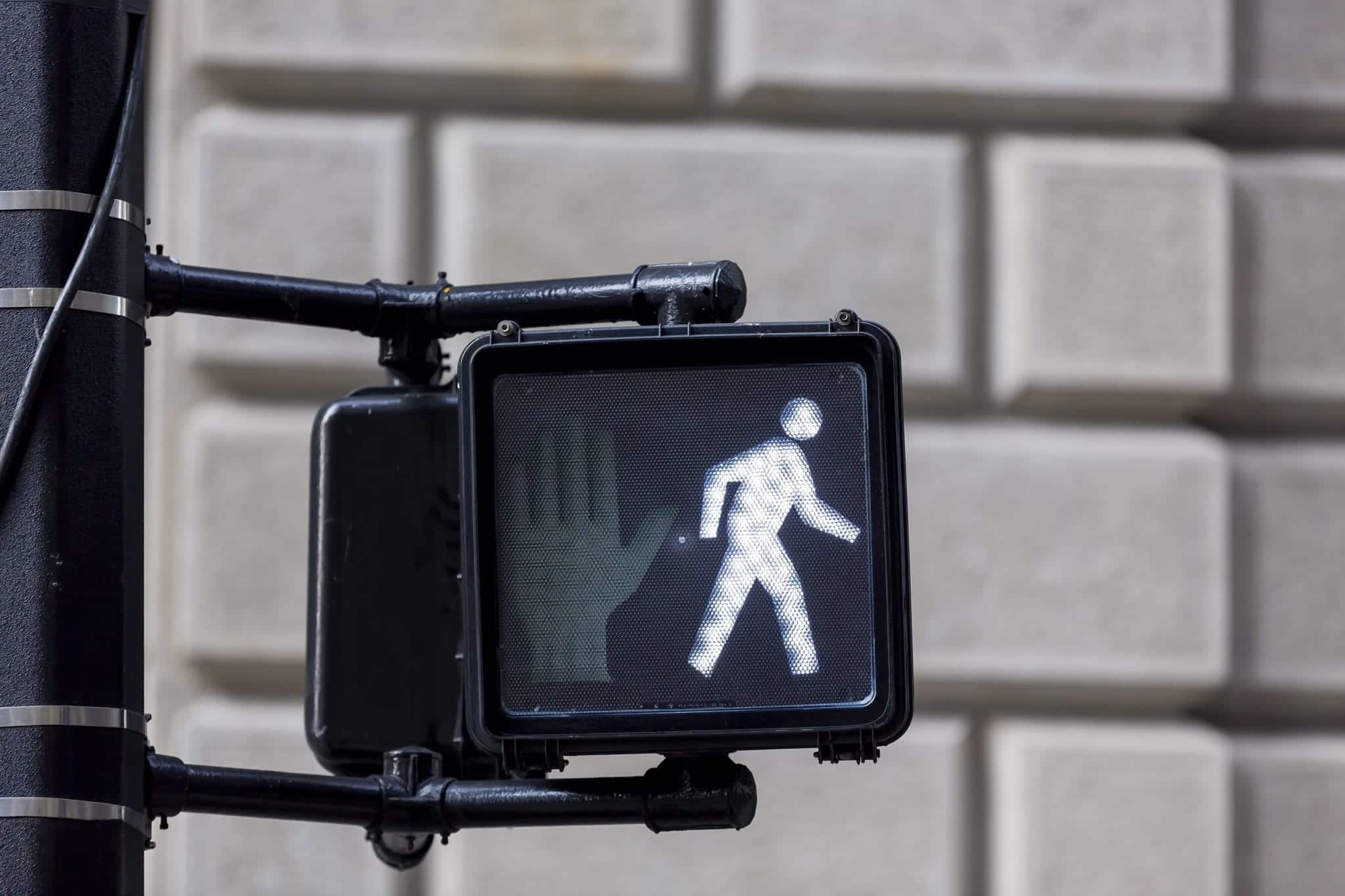Taking your eyes off the road for even just a few seconds can easily result in injuries or death. In fact, the AAA Foundation reports that even taking your eyes off the road for as little as two seconds will double your risk of being involved in a crash.
Distracted driving involves any activity that takes your attention from the road, whether it is another passenger, adjusting the stereo, or texting. The National Highway Traffic Safety Administration (NHTSA) reports that one in every ten fatal accidents in the United States involves a distracted driver. That means that more than 3,000 deaths are caused by distracted driving each year. Distracted driving is also likely responsible for roughly 18 percent of all accidents that result in injuries.
Examples of Distracted Driving
With the increase in technology, distracted driving seems to be an even more serious issue today. The AAA report regarding traffic safety culture indicated that 85 percent of respondents thought that distracted drivers are a much larger problem today than they were only three years ago.
Distracted driving comes in many forms. Examples include:
- Reading
- Running navigational systems
- Watching videos
- Engaging on social media
- Adjusting the radio
- Grooming
- Eating and drinking
- Using a cell phone or smartphone
- Texting
Many other types of distractions could affect your driving ability as well.
Types of Distracted Driving
Texting and engaging in social media is particularly egregious because it involves manual, visual, and cognitive distraction.
- Manual distraction: You should have both hands on the wheel to maintain control of the vehicle. When your hands leave the wheel for any reason, you are engaging in manual distraction. Think of the huge number of activities that you engage in while you are driving that could be considered manual distraction because your hands leave the wheel.
- Visual distraction: Your eyes should be on the road or scanning for threats or obstacles around you. When your eyes avert to children, electronics, or anything else, you are engaging in visual distraction.
- Cognitive distraction: This type of distraction is the hardest to recognize. Anytime your mind wanders to matters other than driving, you are engaging in cognitive distraction. Talking to others or otherwise being preoccupied are both forms of distracted driving.
Distracted Driving and Younger Drivers
Younger drivers are more likely to engage in distracted driving. Ten percent of drivers between the ages of 15 and 19 that were involved in fatal crashes were distracted at the time of the accident. This is the largest age group for those who were distracted at the time of an accident. Drivers between the ages of 16 and 24 also manipulate cell phone and other electronic devices at higher rates compared to older drivers.
Cell phones may quadruple the crash risk for every driver. Safety is a real concern for every driver because of cell phone use, especially because one in 20 drivers is using a cell phone at any given time while on the road. Even hands-free phones are not risk-free because they also cause a cognitive distraction.
Distracted driving can result in serious injuries. If you or a loved one has been affected by a distracted driver, you may have legal options. Call car accident attorney, Joel Williams at 833 – LEGALGA for more information.



